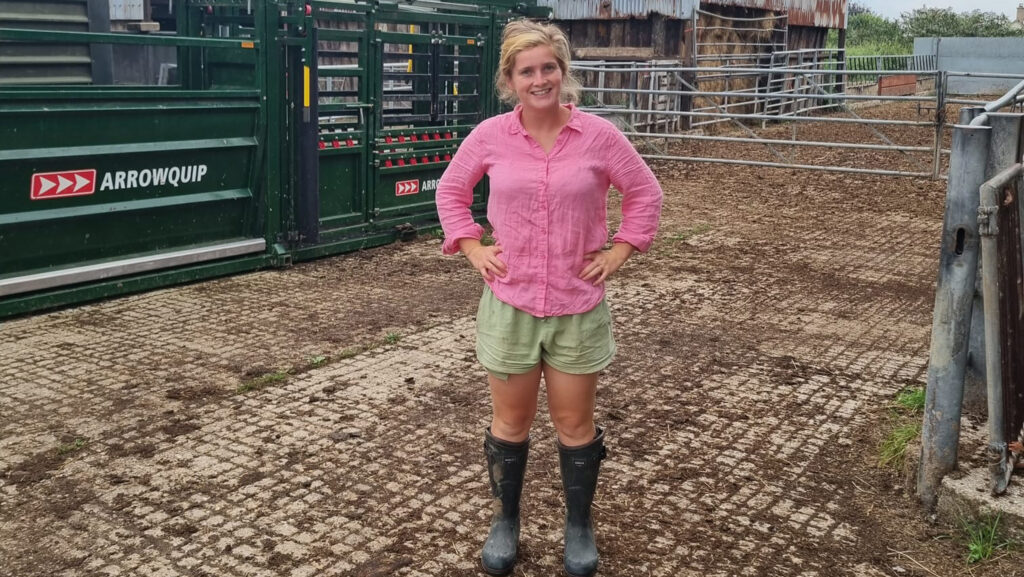Emily Lees: Let’s leave old-fashioned language in the past
 © Supplied by Emily Lees
© Supplied by Emily Lees When I first began my farming career, I had no background in farming, no agriculture degree, not even a boilersuit.
Armed with an HGV licence (thank you Army Reserves) and some confidence, I and my husband, who grew up helping out here and there on the family farm, jumped into the deep end and took on our farm.
When I recall the first few months of chaos and fun, the most frustrating memories come not from escaped cattle, unregistered animals or leaking water troughs, but from the judgement passed because I was not from “farming stock”.
See also: Emily Lees – how farmers called to help us after accident
Instead of my experience from other industries being seen as a positive, my “ordinary” background was judged sceptically.
I hope, two years on, that I have challenged this mindset.
Being able to endlessly ask “why?” is essential to improving our farm, and the more people who look at the industry from a new angle, with fresh ideas, the more British farming will be able to adapt.
It’s not just comments on my background which I find triggering. Being called a “farmer’s wife” is worse.
Yes, my husband is a farmer, but so am I, and to be tagged on as “the wife” can feel very demeaning. Female farmers are the foundations to many farms, balancing endless to-do lists with family demands, as well as often generating income from diversifications or working off-farm.
Excitingly, The University of Exeter and The Farming Community Network have announced a study researching women’s role in farming, and which will hopefully delve into the use of language.
Radio 4’s Women’s Hour recently discussed the study and I felt a great affinity to the farmers interviewed as they articulated the importance of language in encouraging and supporting women in the industry.
I’m not asking for the latest Gen Z slang (though hopefully they might think this article was bussin, dank or lit, and maybe even that it slayed).
I’m asking for outdated terms to be left in the past, and for farmers of all genders and backgrounds to be met with respect, support and encouragement.

